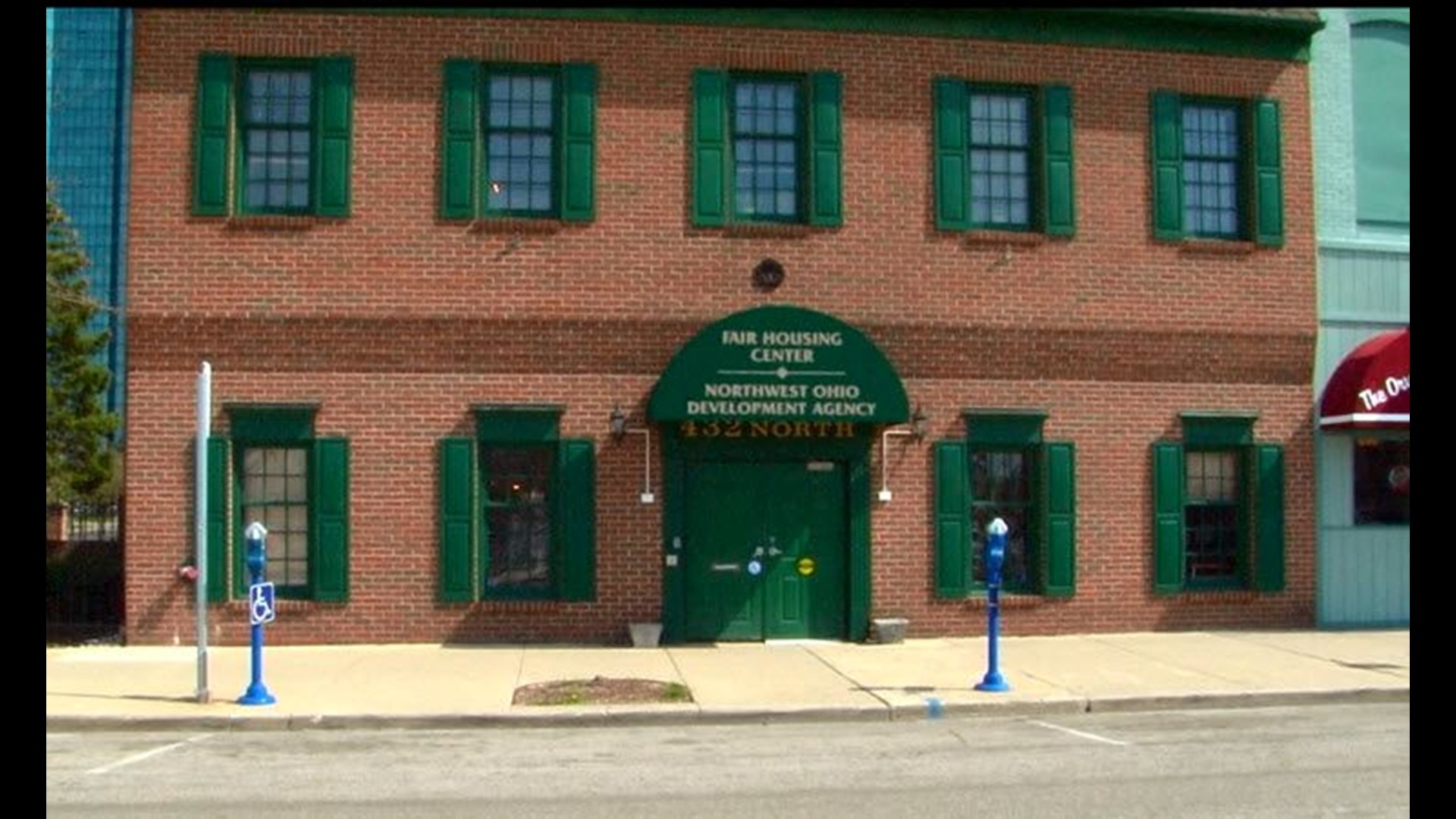TOLEDO, Ohio — Usually, the process of paying rent is easy, just tap a few buttons on your computer or drop it off in the mail or at a rental office but now, with record unemployment levels, landlords still have bills to pay to keep buildings running.
Local landlord Jon Howard with Red Doors of Toledo is trying to be flexible given people's different situations.
"It's a community, my tenants don't all know each other, but it's a community because the ones that are able to make their payments do help us work with the ones who don't," Howard said.
Howard is waiving late fees for this month's rent but says it's important for those who can to pay so he can focus on helping those who can't.
"Working with tenants, we want to work with as many of our tenants as we can so that everybody gets through this together, and there are probably going to be tenants who are going to have to work more hours because we have a number of tenants who work in healthcare," Howard said.
George Thomas, General Counsel with the Fair Housing Center, wants you to know your rights.
Under the federal CARES Act, only specific types of housing are covered in its 120-day moratorium.
"The properties that the federal government touches in some way, so a subsidy, something with a federally backed mortgage, it also includes public housing, so if you're living at LMHA, that moratorium does apply to you," Thomas said.
In Toledo, there has been a pause in eviction hearings in court until May 1. Thomas says it's unlikely you will get evicted, but you will be expected to pay the bill at some point.
"The reality is for this moratorium, it's only for a certain amount of time, and it only prohibits the eviction, it doesn't stop the landlord from asking you to pay rent," Thomas said.
RELATED VIDEO:

